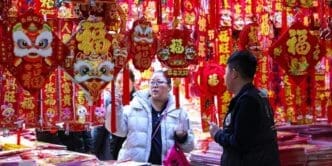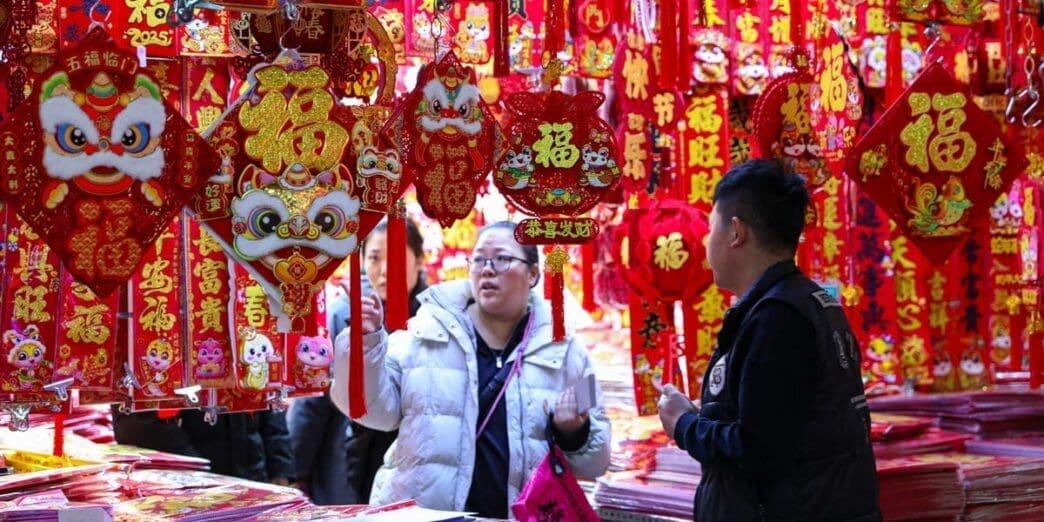China’s retail landscape is experiencing significant challenges, with November’s retail sales growth falling below expectations, despite the nation’s largest shopping festival.
In November, China’s retail sales saw an increase of only 3% compared to the previous year. This growth falls short of the anticipated 4.6% rise expected by analysts and is even lower than October’s 4.8% growth. This discrepancy points to a broader issue of weak consumer demand.
A number of factors are contributing to this sluggish retail performance. China’s persistent property crisis is having a notable impact, with approximately 70% of the nation’s wealth tied up in real estate. This crisis has not only affected financial markets but also shaken consumer confidence, making individuals hesitant to spend.
Although there have been efforts to stimulate the economy through various incentives, such as trade-in programs for appliances and vehicles, these measures have not been enough to drive broad consumption. While sales in household appliances and cars have shown promising growth—22% and 6.6% respectively—other areas of the market have not followed suit.
For instance, the discretionary spending category has suffered. Cosmetics sales plummeted by 26%, and both communication applications and gold and jewelry sales dropped by 7.7% and 5.9%, respectively. These figures indicate that consumers remain cautious in their spending habits, opting to hold onto their resources amid economic uncertainty.
The so-called “eat, drink, and play” sectors, which include catering, alcohol and tobacco, and sports and recreation, have also started to decline. This trend has emerged after these sectors enjoyed better performance earlier in the year.
China’s leadership has acknowledged these economic challenges, prioritizing consumer spending as a means of stimulating recovery. However, without a substantial shift in confidence and consumption patterns, the effectiveness of current stimulus measures remains in question.
Meanwhile, the international economic landscape poses additional challenges. The impending shift in U.S. leadership, with President-elect Donald Trump threatening significant tariffs on Chinese goods, has added a layer of uncertainty to China’s economic prospects.
China’s core stock indices, such as the CSI300 and Hong Kong’s Hang Seng Index, have reacted to these developments, showing declines as investors remain wary of future economic conditions.
China’s retail performance in November highlights continued economic uncertainty and consumer caution, despite efforts to revitalize spending through stimulus measures. Without a significant change in consumer confidence and broader economic conditions, these challenges may persist.
Source: Businessinsider








